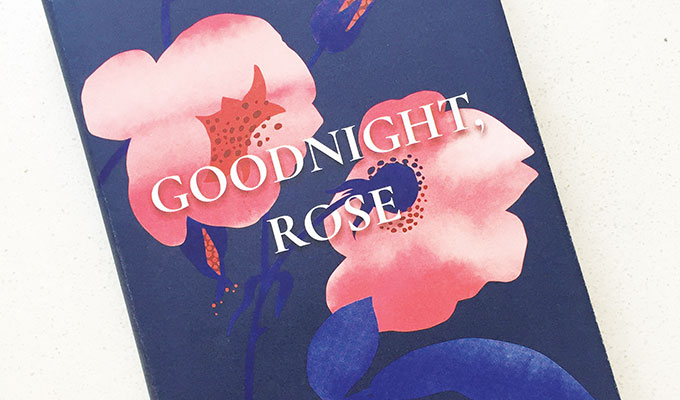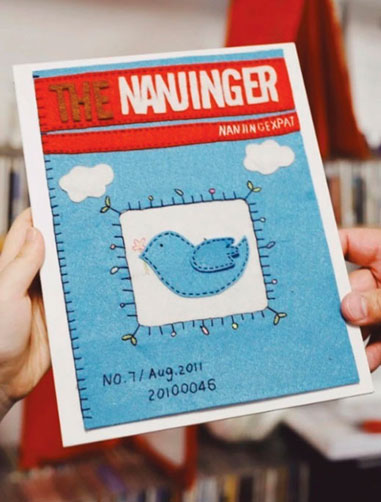Tapping into a market for quality English translations of contemporary Chinese novels comes the recent release of “Goodnight, Rose”, by Chi Zijian, charting the blossoming relationship between two unlikely friends; a young lady juggling apartments and boyfriends, while holding down a job as a newspaper proofreader, and an elderly Jewish woman who stole away to Haerbin after the Russian revolution.
We can assume Goodnight, Rose to be set in the years following the turn of the 21st century; we know from almost the outset that Ji Lianna is approximately 80 years old, and we discover later in the book that she was born in the early 1920s.
They say that the devil is in the detail, and nothing could be truer for this work whereby parts of the narrative come across more as fact rather than fiction; not because fact tends be stranger, but because human life is often just as uninteresting.
Yet, it is Chi’s observing of such, spurred by the translation by Poppy Toland, that really make the pages come alive; consider such gems as, “Hair is a girl’s motorbike” and “Snow is like a gospel for lovers” as well as the refreshing attitude of the aging Li; “In the city, the rooms inside your house are yours alone, but the balconies are not – you have to consider the eyes of passers by”.
As we all know, the Chinese are well known for their poker face; an expression of emotion being tantamount to a loss thereof. Not between those who are close, as we discover when the novel’s protagonist hears of her journalist friend’s husband and his infidelity; “How could he think I’d let our son go and live with that mule?”
Like many such novels, Goodnight, Rose serves as an excellent insight into the Chinese psyche, particularly, in this case, into views on potential partners. Chi writes, “He panicked, and with a frown he said, ‘Why is such a large person giving themselves to me? You must be all of seven stone, how am I going to keep you alive and healthy and well fed?’”
The boy in question’s parents are worse; “They didn’t like how scrawny I was, how small and thin my face was – unlucky apparently – and they’d said that my hip bones looked too narrow, which could lead to birthing complications”.
It is also the human condition as a whole that Chi paints with strokes indicating a fineness of touch; the aforementioned journalist loses some of her braisen, foul-mouthed tone when she observes the plight of flowers blooming where they go unappreciated, believing the flowers themselves would prefer to be plucked and given to someone who would cherish their beauty.
While Goodnight, Rose will not be picking up a Mao Dun Literary Prize, as its predecessor, “The Last Quarter of the Moon” did, and with its translation by Toland, a previous editor for Time Out Beijing, flawed in places, there remains little doubt that the novel solidifies Chi’s cannon of work, with considerable more greatness still to come.
Goodnight, Rose is published by Penguin Random House, ISBN 978-07343-9910-6











